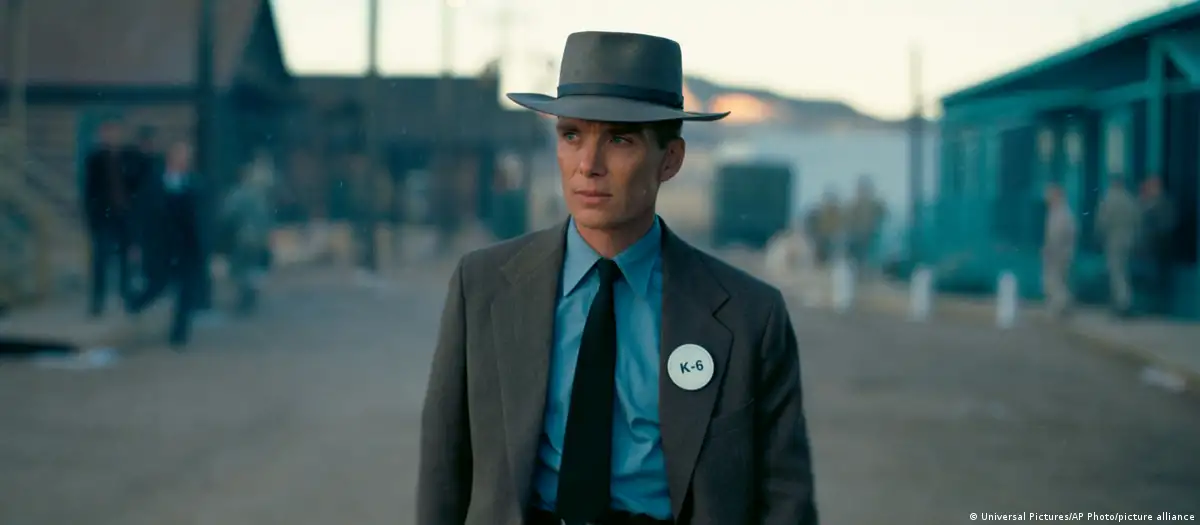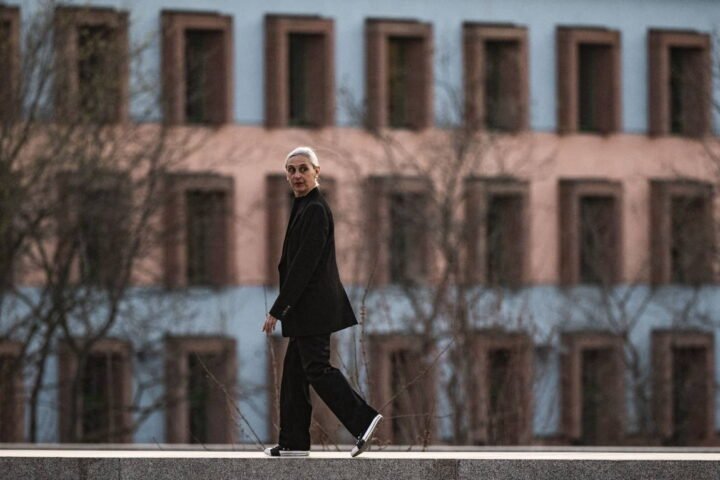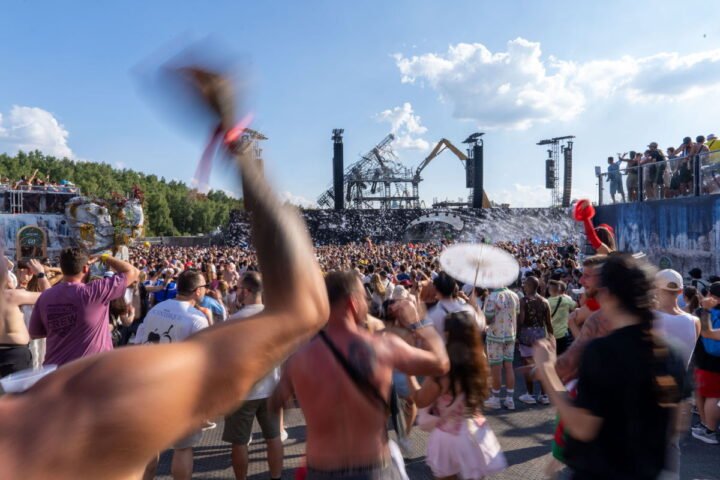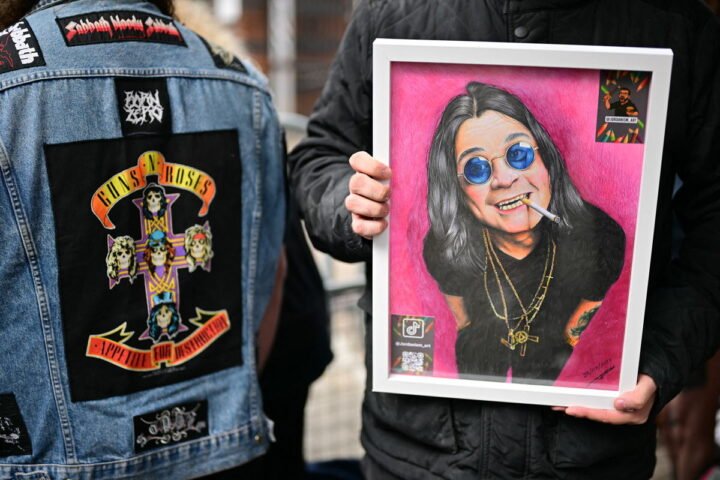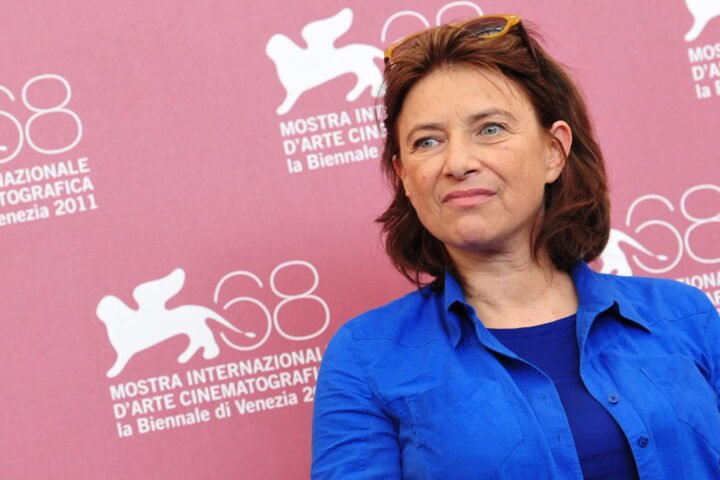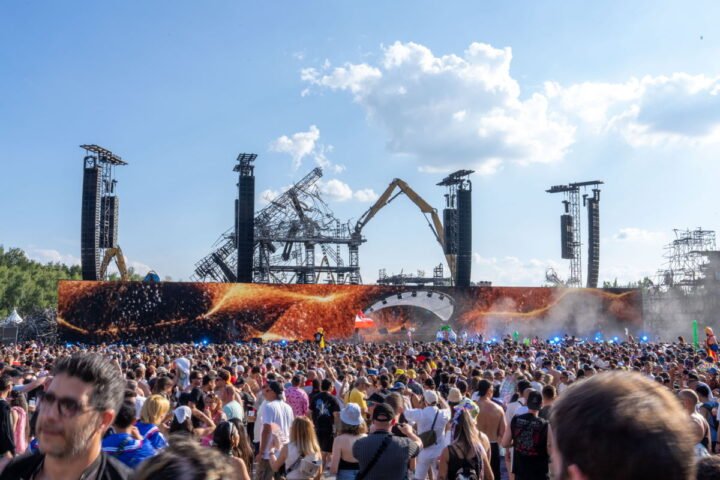Highly acclaimed movie Oppenheimer has gone on show in Japanese movie theaters, many months after its release elsewhere. The story of the architect of the atomic bomb is particularly sensitive in the country.
“Oppenheimer,” the winner of the Oscars Best Picture award, was finally shown in Japanese cinemas on Friday, where the subject of the creation of the atomic bomb remains a highly charged and emotional subject.
Director Christopher Nolan’s blockbuster hit the big screens in the United States and other countries in July at the same time as “Barbie” — prompting a viral phenomenon dubbed “Barbenheimer” by movie buffs.
But while the famous doll’s movie premiered in Japan in August, “Oppenheimer” has been conspicuously absent from the country’s cinemas for months.
Why was the release date so late?
No official explanation was offered, fueling speculation that the film was too controversial to be shown in Japan, the only country to fall victim to the bomb conceived by J. Robert Oppenheimer.
Some 140,000 people died in Hiroshima and 74,000 in Nagasaki when the United States dropped atomic bombs on the cities in 1945.
At a large cinema in central Tokyo where Nolan’s film was being screened on Friday, there was no trace of the usual promotional posters for such a global phenomenon.
The movie, which had a budget of $100 million (€93 million), but grossed almost $1 billion at the box office, was advertised with only a small poster.
The story of physicist Oppenheimer garnered rave reviews and a multitude of awards, winning the most at the Oscars with seven statuettes.
The accolades included best film, best director, and best actor for Cillian Murphy, who played the scientist.
How was the film received in Japan?
In Hiroshima, the city devastated by the first nuclear bomb, the movie’s success generated mixed feelings.
The city has been reborn into a vibrant metropolis of 1.2 million people, but the ruins of a domed building remain standing as a stark reminder of the horror.
Kyoko Heya, president of Hiroshima’s International Film Festival, told the AFP news agency after the Oscars ceremony that she found Nolan’s film “very American-centric.” In Japanese media, critics point out that the film does not show the damage caused by the bombs.
“Is this really a movie that the people of Hiroshima can endure?” she said. However, upon reflection, Heya said she wants “a lot of people to see the movie.”
“I would like to see Hiroshima, Nagasaki, and atomic weapons become topics of discussion thanks to this film,” she said.
Former Hiroshima Mayor Takashi Hiraoka told a preview event that important aspects had been omitted.
“From Hiroshima’s standpoint, the horror of nuclear weapons was not sufficiently depicted,” he was quoted as saying by Japanese media.
Source: Dw
